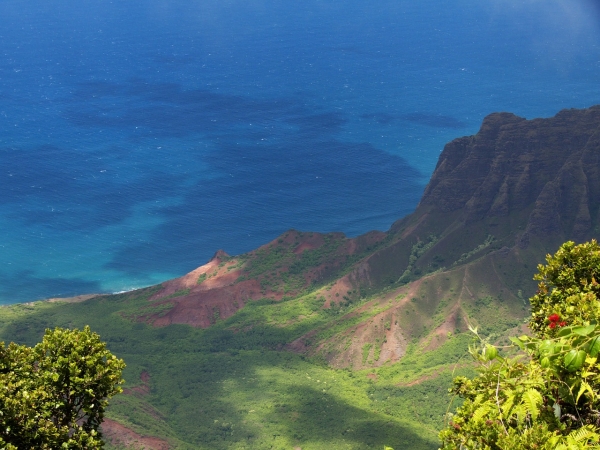Tiny aerosols, like sea salt, dust and ash, might be minuscule, but they play a giant role in shaping weather and climate. A new study from the University of Hawaiʻi at Mānoa takes a deeper dive into a common aerosol in Hawaiʻi, giant sea salt aerosol, revealing that coastal areas can release up to five times more particles than the open ocean.
Why does it matter? These particles impact cloud formation and rainfall, making them key players in Hawaiʻi’s weather game.
“Aerosol-cloud interactions and rainfall are among the biggest uncertainties in projections of future climate,” said Katherine Ackerman, lead author of the study and atmospheric sciences doctoral candidate in the UH Mānoa School of Ocean and Earth Science and Technology (SOEST). “Because freshwater is essential to the sustainability of life on the Hawaiian Islands, it is imperative to accurately predict where and how much it will rain as our climate changes.”
Read more at University of Hawaii at Manoa
Photo Credit: cello5 via Pixabay


